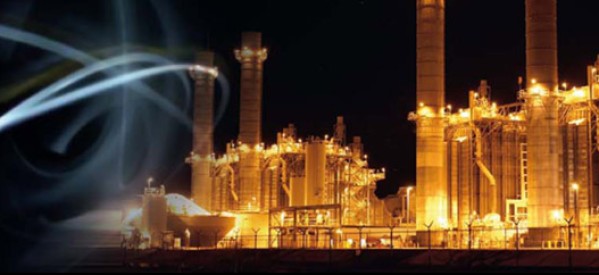AGL chess game continues as Michael Fraser rules out purchase in NSW privatisation plot

AGL Energy Ltd. Thursday played down interest in electricity generators being sold by Australia’s New South Wales state, dealing a blow to lawmakers as they attempt to raise funds for major infrastructure upgrades.
“We don’t see a lot of value in those New South Wales assets and I will personally be quite surprised if we actually end up acquiring anything out of the privatization process,” AGL Chief Executive Michael Fraser told a conference in Sydney.
Australia’s most populous state put the generators up for sale last year as it sought to plug a budget deficit and protect its AAA credit rating ahead of planned investments in roads, schools and hospitals. It said at the time the generators could fetch around 3.0 billion Australian dollars (US$3.1 billion) despite fragile consumer confidence and high electricity prices curbing demand from households and businesses.
It’s the second privatization of electricity assets by the state since 2010, when the former Labor government sold energy retailers for A$5.3 billion to Origin Energy Ltd. and TRUenergy, the local unit of Hong Kong’s CLP Holdings Ltd. that has since been renamed EnergyAustralia.
AGL, Origin, and EnergyAustralia make up the three local players big enough to afford to participate in the latest round of privatization. While Origin and CLP have said they would consider participating again, both companies’ balance sheets were stretched considerably by acquisitions made in the first round.
Origin is also trying to fund its share of a A$24.7 billion gas-export project in Queensland state, while CLP had to delay a float of EnergyAustralia due to a poor market for initial public offerings that has only recently shown signs of recovery.
New South Wales Treasurer Mike Baird continued to express confidence in the sale process.
“These assets are high quality, strategic assets and we are confident that they will attract interest from both domestic and global energy market participants,” he said in an e-mailed statement.
NSW’s population is projected to increase by about a third between 2006 and 2036 to around 9.1 million people, potentially raising demand for electricity in the state.
But a strong local currency, which has pushed up the price of acquisitions in Australia for offshore companies, could make it tough for global utilities to justify a deal, particularly given current difficult conditions in the energy market locally.
Global economic jitters are hurting consumer confidence in Australia and making households wary of the size of their power bills. Major network upgrades and the introduction of a price on carbon have also pushed up energy prices, further curbing demand, while greater use of roof-top solar panels means less electricity is needed from the grid.
The tough market conditions last year prompted AGL to shelve construction of a natural gas-fired power station costing more A$1 billion. Weak demand also triggered an earnings downgrade by the company Thursday.
AGL said it now expects underlying net profit, which strips out one-off items, in the year through June at the lower end of earlier guidance of A$590 million to A$640 million.
It also blamed “fierce” competition for customers in NSW and volatile wholesale pricing in Queensland state. AGL shares fell 3.7% in Sydney.






